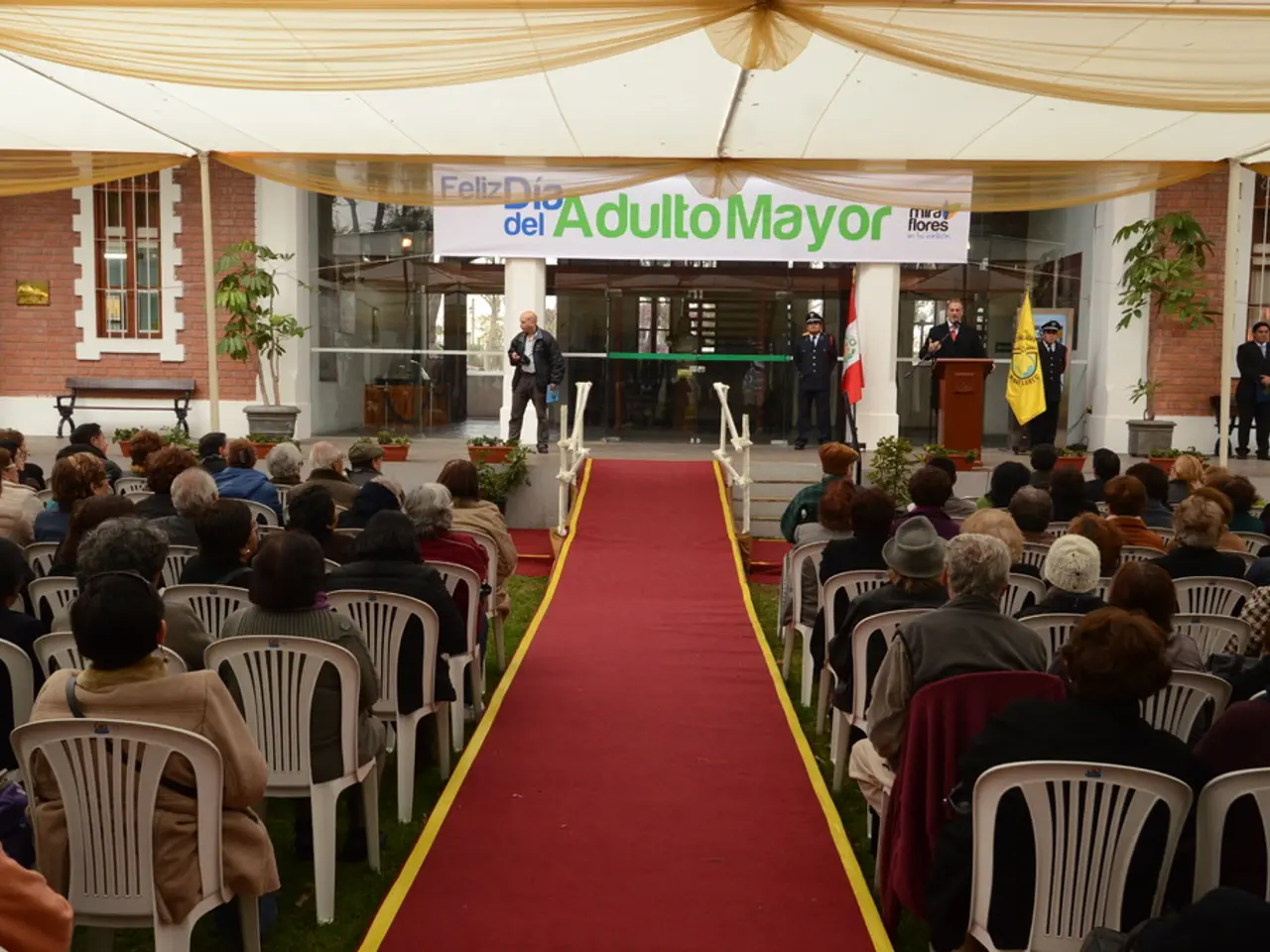Europe's Unified Approach to Social Welfare: The European Commonfare Concept
The European Commission and related EU bodies are taking significant steps to address the ongoing financial crisis and create a more equitable and democratic Europe. Here's a look at some of the key initiatives:
- Financial Regulation
Recent measures aim to strengthen the EU's financial system, encouraging banks to engage in more lending through securitization. Simplification of due diligence, transparency requirements, and addressing overcapitalization are central to these reforms. The introduction of the Single European Access Point (ESAP) will centralize financial and sustainability disclosures, increasing transparency and ease of access to critical data by 2026–2030. Revisions to internal governance guidelines under the Capital Requirements Directive (CRD VI) are also underway to strengthen supervisory frameworks and risk control within credit institutions.
- Debt Mutualization
While specific measures on debt mutualization are not detailed in the recent sources, the European Commission's Multiannual Financial Framework (MFF) for 2028-2034 emphasizes flexibility, national and regional partnership plans for investments and reforms, and a balanced mix of new own resources to ensure sustainable financing of EU priorities. This framework indirectly supports enhanced economic and social cohesion, potentially facilitating forms of joint fiscal responsibility in the future.
- Open Government
The ESAP initiative represents a concrete step toward open government by creating a publicly accessible platform for financial and sustainability-related information, making governance more transparent and accountable to citizens and companies alike.
- Constitutional Process
The current state of the constitutional process toward a European Constitution is not explicitly detailed in the provided documents. However, the goal of institutionalising the commons in a new way and creating a new European Commonfare based on equitable governance and grassroots democracy is a vision advocated by some. This process would need to recognise new and emerging rights, such as a basic income, the right of citizens to default, and rights that guarantee general and equal access to the commons.
The overall aim is to transform the European Union into a social citizen's Europe, guaranteeing effective access to the commons, wealth, and rights, and fostering real democracy. The current crisis, characterised by the troika ruling supreme and leading to the redistribution and expropriation of common goods, wealth, and rights, underscores the necessity of this transformation. The crisis is causing material and existential insecurity for the people and leading to a decline of democracy and a loss of national sovereignty.
The policy-making arena in Europe offers possibilities to address these issues, given the political will to do so. Aitor Tinoco i Girona of Movimiento Democracia Real Ya is one advocate for this constitutional process in Madrid. The process must encompass three dimensions: a material and social dimension, a citizen's Europe with open, decentralised, and shared governance, and a territorial and cultural dimension requiring a federal, decentralised, and open society.
Institutions in Europe need to be more transparent and open, including open data and open government and governance. The crisis is leading to a loss of national sovereignty and a decline of democracy, affecting representation and one of the foundations of the modern nation state. The troika's policies are undermining the foundations of the European welfare state, including education, healthcare, and social services. The current crisis in Europe is not solely a financial crisis or a crisis of confidence, but a device for domination, spoliation, and precarisation.
In conclusion, the path to a social citizen's Europe involves enhancing financial regulations, promoting open government, and potentially embarking on a constitutional process towards a European Constitution. This transformation is necessary to address the current crisis, which is not only financial but also constitutional, and to create a more equitable, democratic, and secure Europe for all its citizens.
[1] European Commission. (n.d.). Capital Requirements Directive V. Retrieved from https://ec.europa.eu/info/law/better-regulation/have-your-say/initiatives/12523-Capital-Requirements-Directive-V
[2] European Commission. (n.d.). Multiannual Financial Framework 2021-2027. Retrieved from https://ec.europa.eu/info/business-economy-euro/economic-performance-and-forecasts/economic-performance-and-forecasts/economic-policy-research/multiannual-financial-framework-2021-2027_en
[3] European Commission. (n.d.). Single European Access Point (ESAP). Retrieved from https://ec.europa.eu/info/business-economy-euro/company-reporting-and-auditing/company-reporting-and-auditing/single-european-access-point_en
[4] European Central Bank. (n.d.). Capital Requirements Directive (CRD IV). Retrieved from https://www.ecb.europa.eu/ecb/legal/html/crd_iv.en.html
- The European Commission's initiatives for financial regulation, debt mutualization, and open government in the context of the ongoing financial crisis in Europe clearly indicate a commitment to shaping the landscape of policy-and-legislation, revealing the politics underlying these decisions and their impact on general-news.
- The call for a constitutional process towards a European Constitution, as advocated by individuals like Aitor Tinoco i Girona, is a significant policy move that could potentially influence the future of politics in Europe, impacting not only financial and economic affairs but also the social and cultural fabric of the continent.








